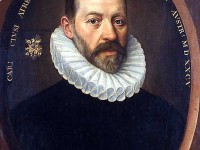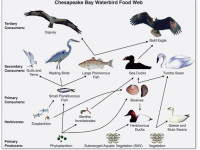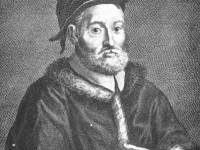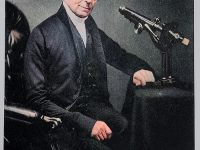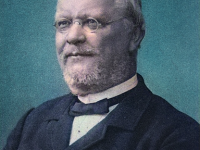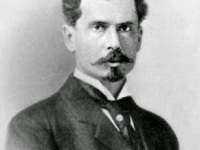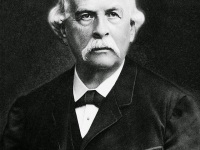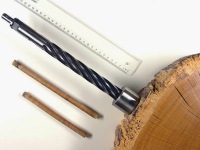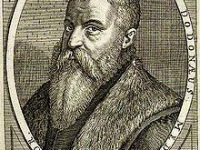The Botanical Collections of José Celestino Mutis
On April 6, 1732, Spanish priest, botanist and mathematician José Celestino Mutis was born. Between 1783 and 1808, Mutis tirelessly led an extraordinary endeavor to collect and illustrate the plants of Colombia, assembling one of the richest botanical collections in the world of his time. José Celestino Mutis – Becoming a Botanist José Celestino Mutis began studying medicine at the College of Surgery in Cádiz. There, Mutis also studied physics, chemistry, and…
Read more


